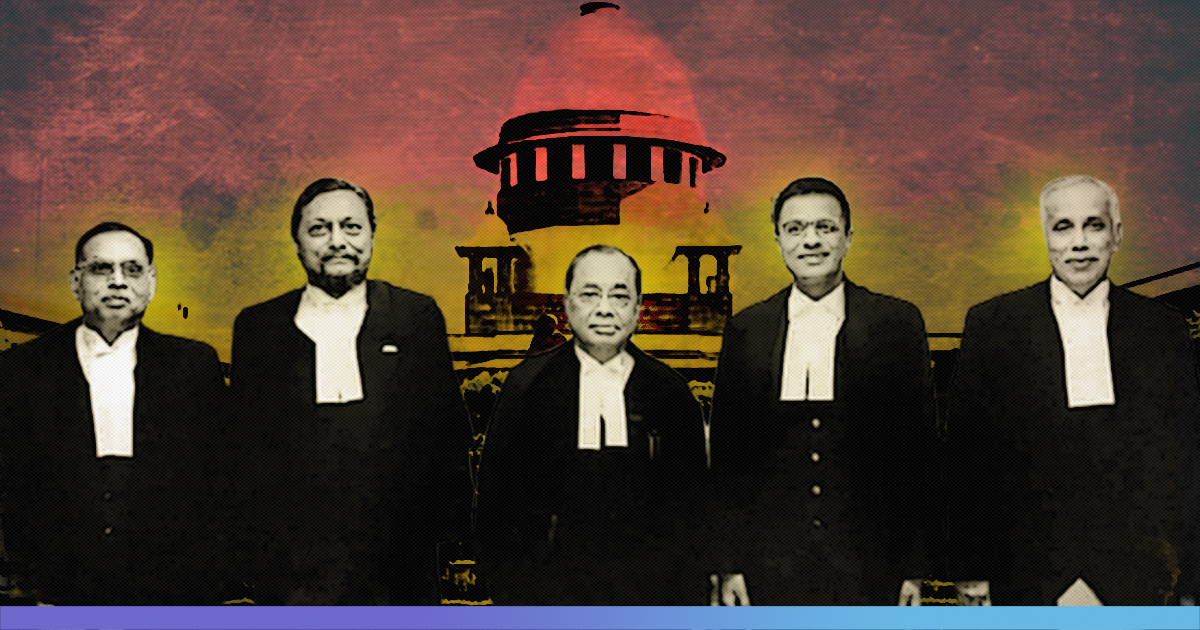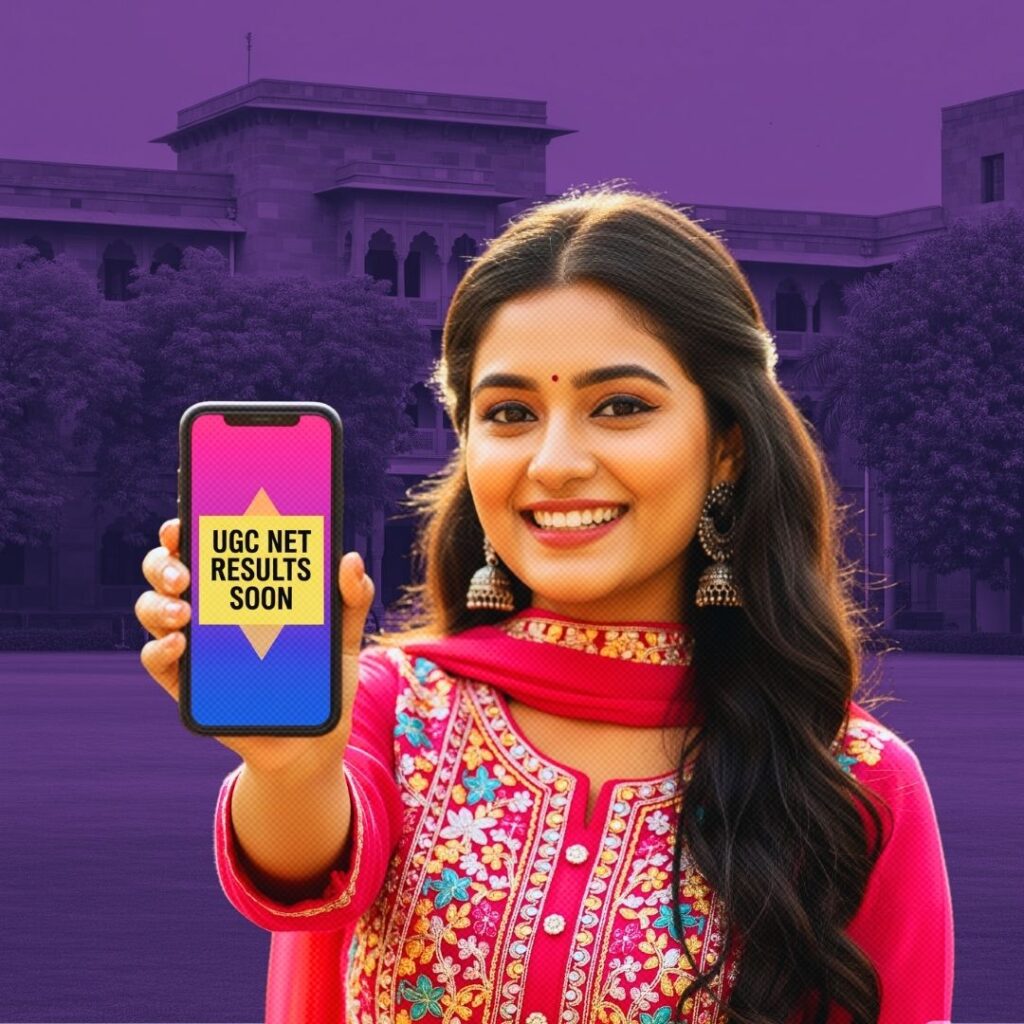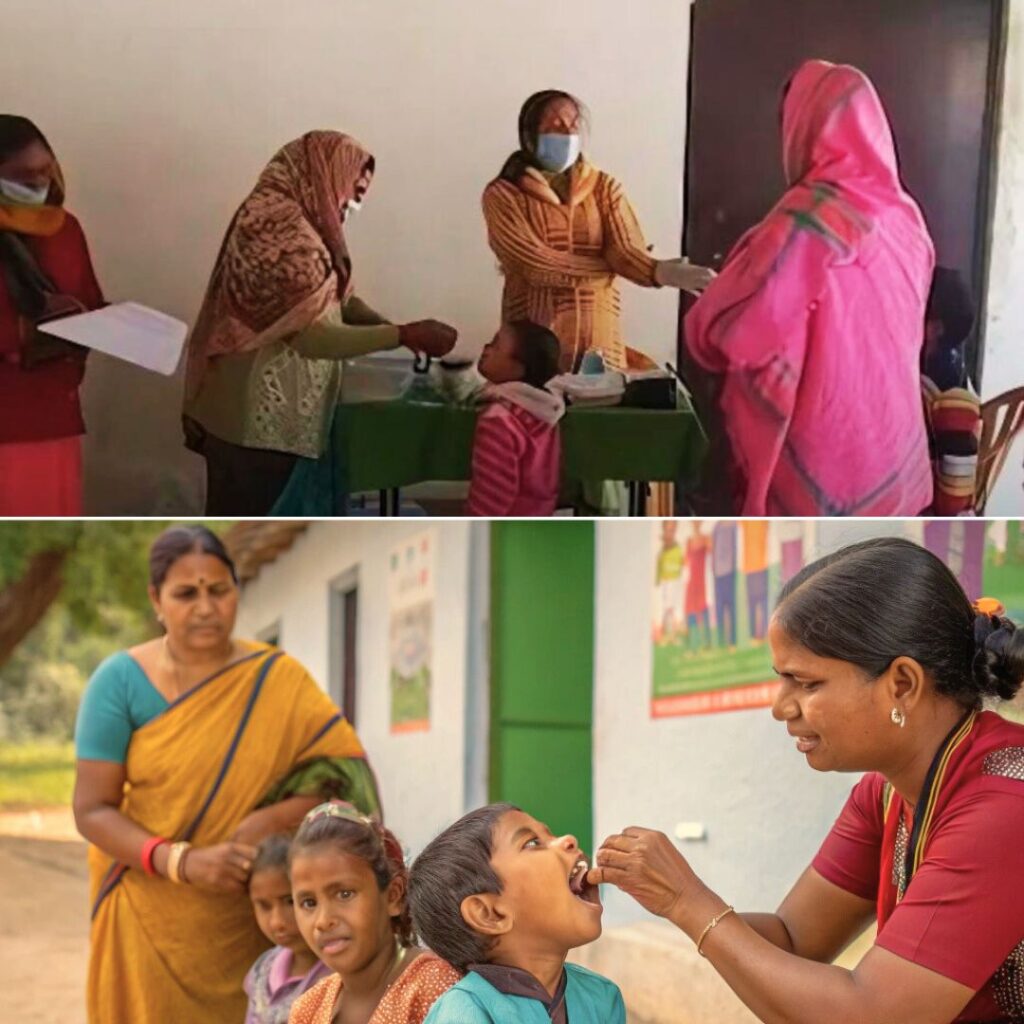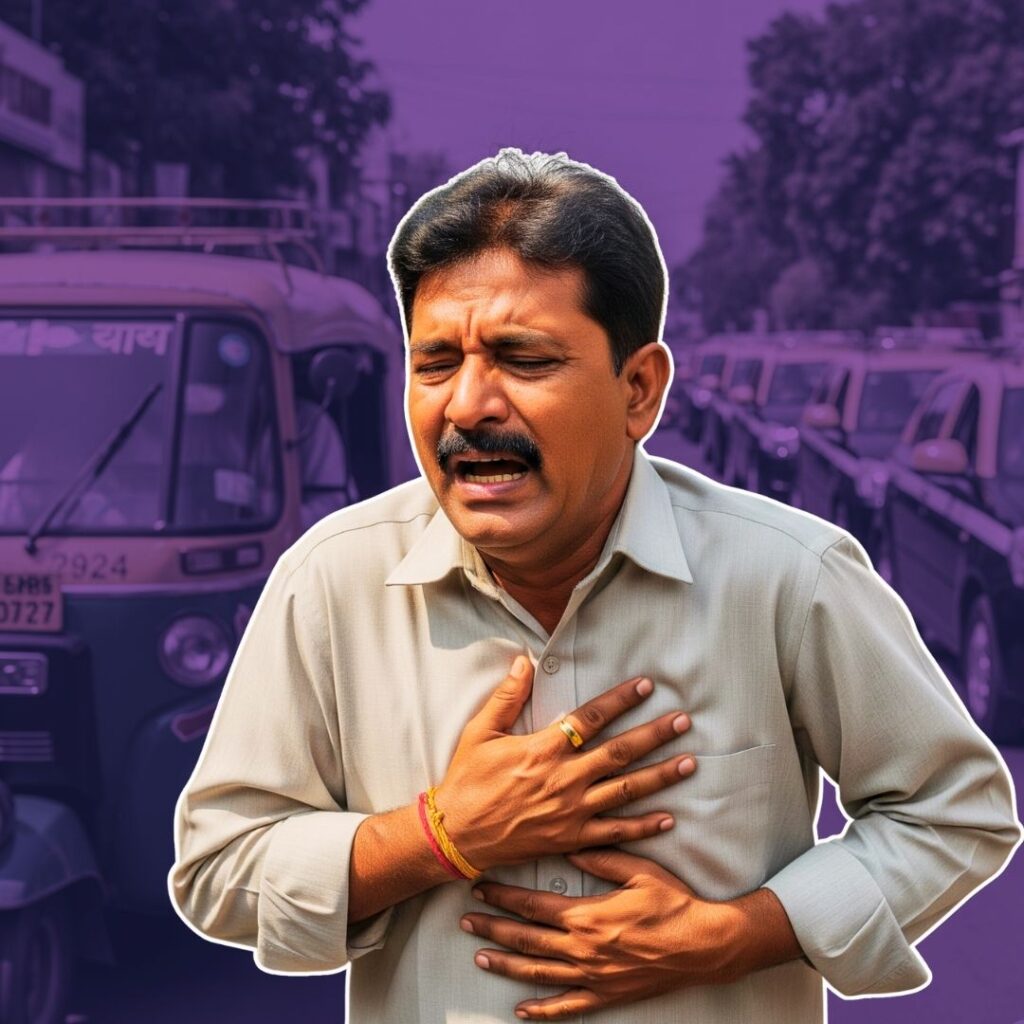Supreme Court, in 2019, while delivering many historical verdicts put an end to many questions and raised several new once at the same time. The apex court, while pronouncing judgments on some of the highly contentious cases, which affected 1.3 billion people of this country has set a precedent.
As we bid adieu to 2019, here are the six significant judgements passed by the top court in 2019.
Ayodhya Verdict
The Supreme Court finally pulled down the curtains on the Ram Janmabhoomi-Babri Masjid land dispute in Ayodhya. It was one of the most communally charged, packed with high drama cases that the country has ever witnessed. The case was regarding a 2.77 acre disputed land in Uttar Pradesh’s Ayodhya as Hindu and Muslims claimed its ownership.
Almost 27 years after the demolition of Babri Masjid in Ayodhya and 69 years after the title suit in connection with the disputed land was first filed, the apex court finally ruled in favour of a Ram Lalla. On December 9, a five-judge bench of the apex court handed the disputed land to a trust that will build a temple of Ram Mandir in the area. The SC also directed the government to form the trust within three months.
The court ordered the Centre to grant 5 acres of land to the Muslim claimant – Sunni Waqf Board in Ayodhya for construction of a mosque. After the verdict, several review petitions were filed by different parties. However, the Supreme Court dismissed them all.
Sabarimala Case
The case surrounded the Ayappa temple in Kerala, where menstruating women were not allowed inside the temple. The apex court while hearing the petition in 2018 with 4:1 majority vote had allowed the women of all age to enter the temple. The court said it could not allow discrimination on physiological grounds as it is against the fundamental rights. However, the verdict led to several protests in the state.
Review petitions were filed challenging the top court’s order. The review plea which was allowed by the court and will be heard in the time to come also argued that the Sabarimala deity is a “Brahmachari” [celibate] and “centuries-old beliefs” should not be disturbed by the entry of menstruating women worshippers.
The top court in November said that its order in 2018 is not the final and with a majority vote 3:2 has referred the matter to a seven-judge bench.
The larger bench will now re-examine other religious issues such as entry of women to mosques, Parsi women married to non-Parsi being barred from the holy fire temple, and the practice of female genital mutilation in the Dawoodi Bohra community.
CJI’s Office Under RTI
In rather an uncustomary way the CJI’s office was asked to be more transparent. The question that was raised that whether the CJI’s office will come under the ambit of Right To Information (RTI) Act, 2005.
The issue was raised after an appeal filed by the Secretary-General and Central Public Information Officer of the Supreme court against the 2010 Delhi High Court’s order that CJI’s office will be answerable to the RTI queries.
Withholding the Delhi HC’s order, the top court said that transparency is requisite for judicial independence and declared that CJI’s office is a “public authority” and will come under the ambit of RTI. The court, however, warned that the Act should not be misused.
Rafale Verdict
The deal by India and France to procure Rafale jets in a move to upgrade the country’s air force was in the headlines for a couple of months. The Indian National Congress questioned Modi government’s cancellation of the original deal during Congress tenure and alleged that the BJP government’s deal is far more expensive than what was proposed. The conflict which was supposed to be a defence matter became political. Congress Party’s Lok Sabha campaign was spun around the irregularities Modi government made in the Rafale deal.
A three-judge bench presided by Chief Justice Ranjan Gogoi and comprising Justice Sanjay Kishan Kaul and K M Joseph dismissing a bunch of review petitions, upheld its 2018 verdict of Narendra Modi government buying 36 Rafale Jets from France.
The court had dismissed the petitions asking for a court-monitored probe into the procurement of the jets. However, the court said there was no merit to initiate a probe.
Sexual Allegation Case Against Ranjan Gogoi
For the first time in the History of Supreme Court of India, a Chief Justice of India was accused of sexual harassment by a former Supreme Court employee.
A three-judge Supreme Court panel comprising of Justices SA Bobde, Indu Malhotra and Indira Banerjee investigating the allegations of sexual harassment gave the CJI a clean chit in the matter on May 6.
The in-house committee headed by Justice SA Bobde said that there was no merit in the allegations of a former Supreme Court employee who had accused CJI Ranjan Gogoi of sexual harassment.
A statement from the Supreme Court secretary-general said the report has been submitted to “next senior judge competent to receive the report” as well as to the Chief Justice of India. The woman feeling dejected said that she has lost faith in the Indian judiciary system.
However, the woman who made the allegations walked away from the Supreme Court probe into the allegations. The woman said the atmosphere of the inquiry was very frightening.
Also Read: ‘Will Hear Plea, But Let Rioting Stop First’, Says Supreme Court











